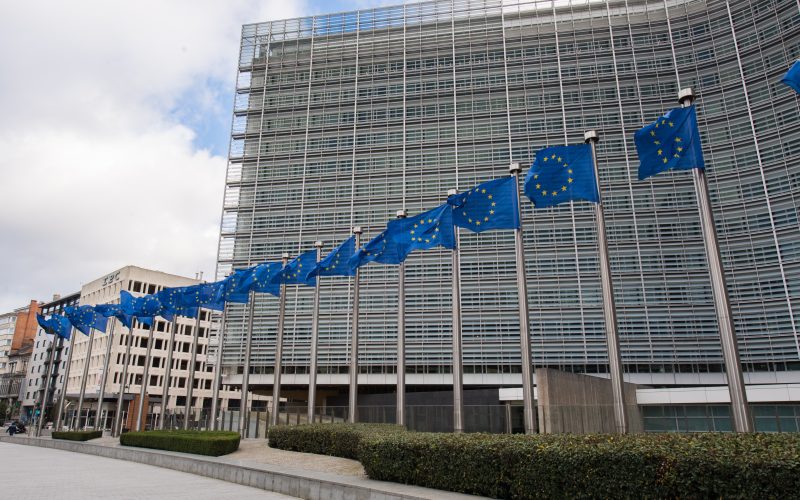A new study led by Professor Johannes Jäger, unveiled at the European Parliament, presents strong evidence that the EU’s Corporate Sustainability Due Diligence Directive (CSDDD) will generate significant economic benefits for Europe and beyond. The research, published by CIDSE, the European Trade Union Confederation (ETUC), Misereor, Ver.di and other organisations, positions the directive as both a human rights safeguard and an economic opportunity.
The findings show that the CSDDD, designed to hold companies accountable for human rights and environmental impacts across their supply chains, not only addresses violations—particularly in the Global South—but also enhances competitiveness, innovation and long-term economic welfare in Europe.
Key findings
- Improved welfare: Reductions in human rights abuses directly boost economic well-being, with workers and communities in the Global South standing to benefit most.
- Competitiveness and innovation: By encouraging sustainable business models and discouraging exploitative practices, the directive fosters forward-looking specialisation, spurring dynamic company-level gains and wider economic spill-overs.
- Global leadership: The CSDDD establishes a foundation for binding international social and environmental standards, strengthening both human rights protection and Europe’s long-term economic performance.
- Risks of dilution: Attempts to weaken the directive in the name of competitiveness or cutting red tape would undermine its impact, raise costs without delivering benefits, and expose EU companies to unfair competition from firms engaging in social and environmental dumping.
Professor Jäger emphasised: “The CSDDD is not a burden but an opportunity. It provides the framework for European companies to thrive in a fair, sustainable, and competitive environment. Weakening it would be a step backwards for Europe’s economy and its role in promoting global human rights.”
Josianne Gauthier, Secretary General of CIDSE, added: “Prosperity is not just about economic growth, it’s about justice, human rights and a healthy planet. The CSDDD allows for all of these to exist together.”
ETUC Deputy General Secretary Isabelle Schömann said: “The duty of business to care for the people working for them wherever the workplace is located is fundamental. This study shows the directive will not only enforce this principle but also reduce external costs, prevent unfair competition based on labour exploitation, and improve well-being both within and outside the EU.”
The report calls for a robust and forward-looking policy framework that aligns industrial and macroeconomic policy with human rights and environmental priorities. It concludes that the CSDDD represents a central pillar in achieving this vision.
















